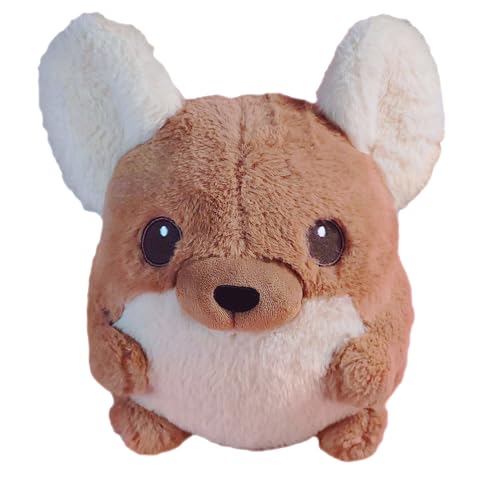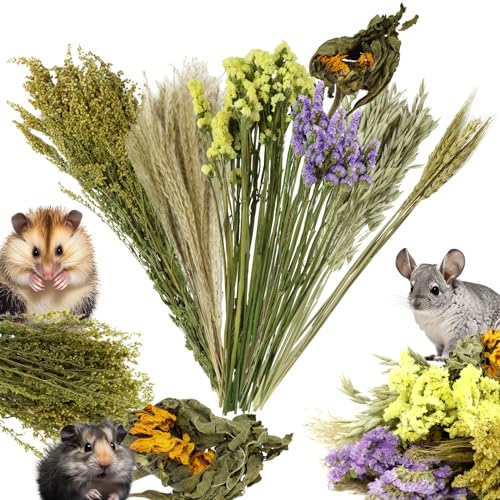PS- do you think it would be good for a first time breeder to buy older chins (1.5 years) and maybe from people that do have exchange/refund policies for worst case scenarios? Or do you think it would not make much difference.
I personally find it easier to buy chins that have been shown (typically, buying them
at the show. They're typically older (not quite 1.5 years, but often 7-9ish months or older and you have a decent idea of what you're getting. That doesn't always mean they're completely fine and dandy -- I bought one once that dropped dead two days after the show. No idea what was wrong with it, never did have a necropsy -- I contacted the breeder and she refunded me the money.
I'm not sure I would base where to buy chins from on if the person has a refund/exchange policy. To me, I guess it just doesn't really seem to matter, except to an extent that there's no compensation. For example, say my chin died, and I contacted the breeder and they were like "tough luck," and let's (for argument's purpose) say I could prove the chin died. Well, to me, that would really suck, since I likely couldn't have killed the chin myself in two days, but at the same time... the policy (or lack of) is the policy. For me, I typically have less than 20 kits per year and the majority go to pet homes, so my policy actually doesn't have anything in it about genetic issues. Partially, that is because of the difficulty of proving genetic issues. You just never know what happens to the chins when they leave your possession. My refund/exchange policy simply has to do with if someone decides to return the chin for one reason or another, or if the chin dies within the first 14 days. They get a refund or an exchange for another equal (or around there) value chinchilla. In the 9 years I've had the rescue, I've refunded less than a handful of people their purchase price. None of those were a result of the chin dying -- in fact, I think every time it was that the chin didn't get along with their chin.
I think a refund/exchange policy would be something to look at -- but I'm just not sure I would put too much emphasis on that. I have no idea what the refund/exchange policies are for the big breeders, though I've definitely bought from them in the past. It would be good to know what would happen if you purchased a chin from breeder x and it developed malo or was drooling the next day, but then.... it depends on how you feel about that chin. For example -- if you return that chin to breeder x, drooling and all, either for a refund or a replacement.... are you ok with the knowledge that that chin may get put down? Some people would find that cruel and would want to take the chin in for filings for the rest of its life. Here, when we get in rescues that start drooling or showing any teeth problems, they get their teeth ground down once. If it's teeth spurs (which it has been on an occasion or two), that takes care of it and the chin can be fine for years (we had one chin that developed teeth spurs at 1 yr old -- he's now 8 yrs and never again had a teeth problem -- a non-breeder). But if we have the teeth filed and the chin starts drooling again... that chin gets put down. I can't afford the care of monthly filings for rescue chins, nor would I expect anyone in their right mind to adopt a malo chin. Returning one to a breeder would not typically have a positive end for that chin (not that hanging onto the chin and subjecting it to filings all the time is a positive end, per se, but it's definitely a matter of opinion), so it depends on your views and how you feel about what happens to that chin. To me, if I buy a chin from a big breeder and it's drooling tomorrow, I would want a refund/replacement. And I would be ok with that chin being put down and put out of its misery.... but not everyone feels that way.





















































